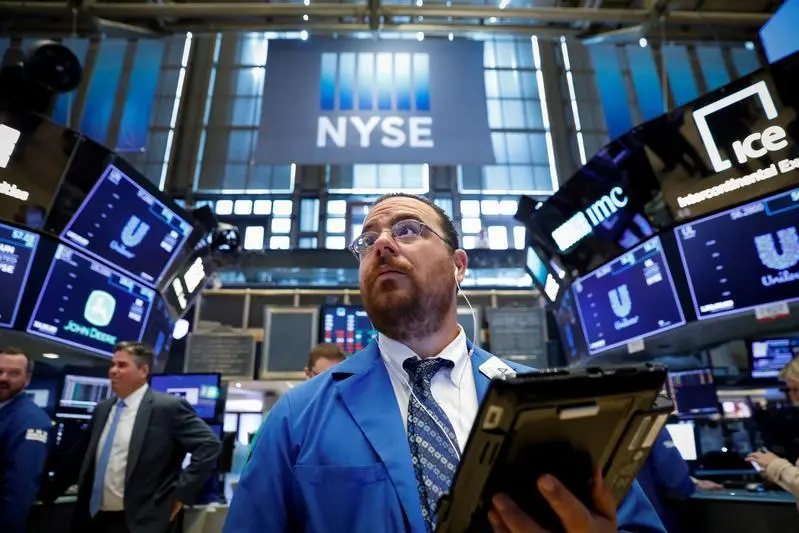PHOTO
LONDON - Déjà vu describes the sentiment of being in a recurring dream. Shareholders in European investment banks, which start reporting third-quarter results next week, know the feeling. Recent earnings from Wall Street rivals suggest top-line growth will be minimal. That leaves the focus once more on cost cutting to improve torpid performance.
Defenders of the investment banking business point to the benefits of having a trading unit which does well when markets are volatile. That has not helped Barclays, Credit Suisse, Deutsche Bank or UBS, all of which have seen their shares fall this year, in line with – or further than - the near 20 percent decline registered by the broader STOXX Europe 600 Banks Index.
Results from American peers suggest the slide should at least come to a halt. Equities trading revenue at Goldman Sachs , Morgan Stanley, JPMorgan, Citi and Bank of America increased by an average of 7 percent in the three months to September. That helped offset an average 3 percent year-on-year decline in revenue from trading fixed income, currencies and commodities (FICC). Fees from underwriting and advisory work were roughly flat.
Applying Wall Street’s performance to Europe’s four largest wholesale lenders would imply a 1 percent average rise in third-quarter investment banking revenue. UBS, which is the most exposed to equity trading, would see its revenue rise by more than 2 percent year-on-year. The prognosis for Deutsche Bank, which earns roughly half its investment banking revenue from FICC, is gloomier.
That means investment banks must rely on cost discipline to improve mostly shoddy returns. Deutsche has said it is on track to reduce annual operating expenses to 23 billion euros by the end of the year. However, boss Christian Sewing shows no sign of being able to reverse the trend of revenue falling faster than costs. Investors in European investment banks may be able moderate their gloom – but shouldn’t get their hopes up.
CONTEXT NEWS
- Wall Street’s top investment banks reported better-than-expected earnings for the third quarter of 2018, helped by strength in stock trading and equity underwriting.
- Strength at equity trading desks of both Goldman Sachs and Morgan Stanley helped offset weakness in bond trading in the third quarter, in line with a broader trend across the industry. JPMorgan, the biggest U.S. investment bank by assets, reported a 17 percent year-on-year increase in equity trading revenue while fixed income revenue fell by a tenth.
- European investment banks including Deutsche Bank, Barclays and UBS are due to begin reporting third-quarter results in the week of Oct. 20.
(Editing by Peter Thal Larsen and Bob Cervi)
© Reuters News 2018





















